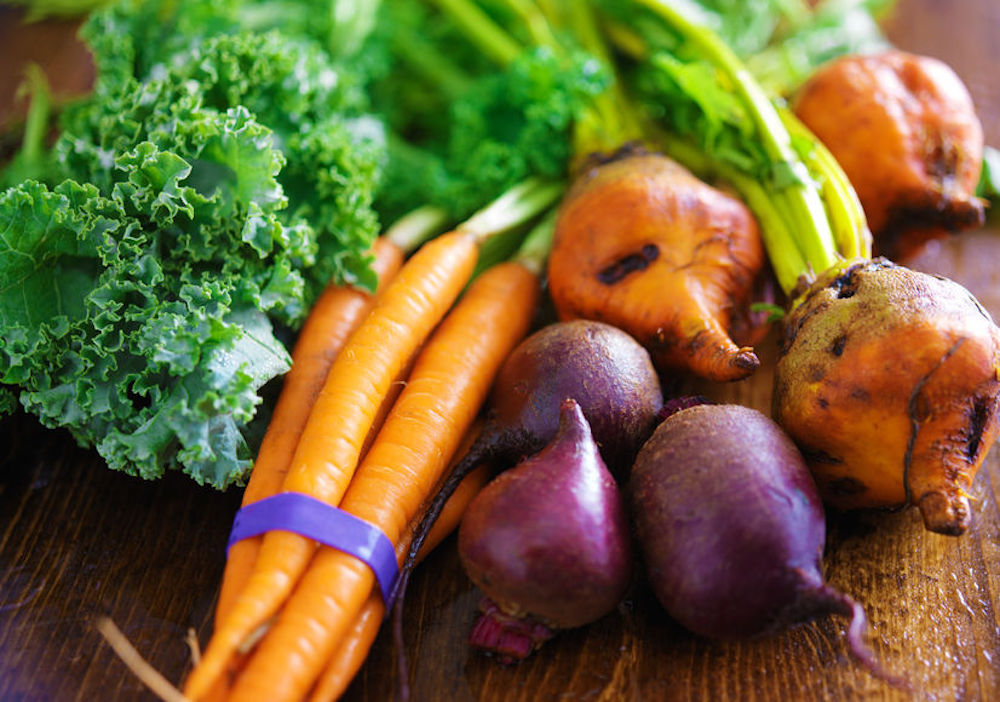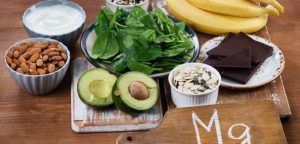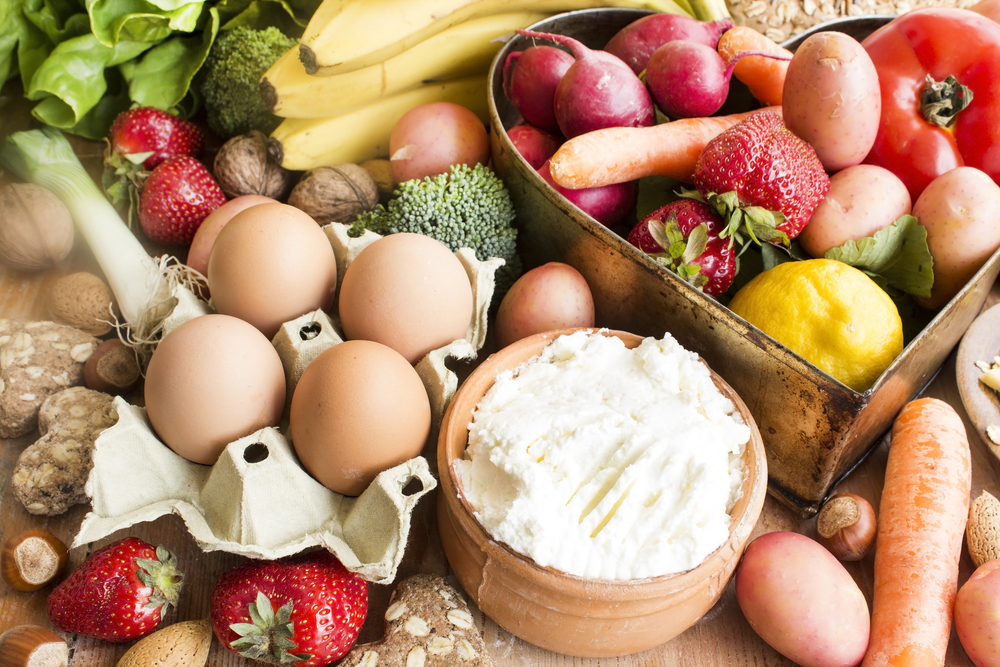
Seasonal Eating
WHAT IS SEASONAL EATING?
We are heading towards the end of May and soon gearing into winter. Gone are Summer stone-fruits, decadent figs and delicious melons that can make our hearts and bellies sing with happiness!
Some would argue that Seasonal Eating (eating with the seasons) is a tradition that has been lost, especially in the Western world where we can find any ingredient we want at any time.
WHAT DOES SEASONAL EATING ACTUALLY MEAN AND WHY IS IT SO IMPORTANT?
Eating seasonally, is just that: eating only the fruits and vegetables that are produced in a particular season. For example, berries of all kinds such as strawberries are abundant in summer. The warmth and hours of sun assist them to grow, hence why in winter we seldom find fresh berries. Root vegetables such as sweet potatoes, Jerusalem artichokes, turnips, cabbage and parsnips are seasonal in winter. Beautiful, hearty, warming foods for the winter chill.
Ever wonder why there are oranges from California in our supermarkets? Or kiwi fruit from Italy? They are usually obtained when they are not in season locally. This may be very convenient for us as we have such a wide variety of fruit and veg at our fingertips, however on the other side of the coin this may also be a detriment to our health.
If we have a think about it, California is almost 13,000 kilometres from Victoria. We expect our oranges to be ripe and in the perfect condition when we buy them. For this to happen the oranges are picked before they are naturally ripe. They are often chilled and sometimes treated to prevent early ripening and spoiling during transportation. Once fruit is picked, their nutritional value slowly begins to decline with time, so once again, the longer it takes to get to our stores, the worse it is for us.
WHY IT’S BETTER TO GO SEASONAL!
- Food tastes better. Produce that is allowed to naturally and fully ripen tastes better. The flavours and natural sugars in the food are able to develop, resulting in a more satisfying experience.
- It saves you money. Long-haul transportation of product comes at an expense. It is costly to do so and in turn, the brunt of this cost falls on us, the consumer.
- We get more nutrients. The shorter the time between farm to plate, the more nutrient-dense the produce is. We also eat a wider variety of produce if we eat seasonally, naturally resulting in us consuming a greater variety of nutrients and minerals.
- We are more in tune with the seasons and nature as a whole. Nature is smart and provides us with what we need during the seasons. In winter, citrus fruits such as lemons, limes, mandarins and navel oranges are in abundance and high in vitamin C, providing us with this immune-booster that is needed during this time. Stone-fruits and melons in summer are packed with water, keeping us hydrated during the hot summer.
- It is more environmentally friendly. The shorter the transportation, the lower the “food miles” and hence the lesser the environmental impact there is in obtaining our produce.
- You know where your food is coming from & can form a sense of community. Shopping at farmers markets can be a great experience, where by you meet the growers of the local fruits and vegetables. You can ask questions directly to the grower: when they were picked, if they were sprayed and with what, and what time of the year to expect certain fresh produce.
- You become a great cook. When you buy seasonally and what is available at the market that week, you slowly learn what you can create with the produce you buy. In winter, you create comforting, warming meals with the root vegetables at hand and in summer get creative with salads and the abundance of fruit available. You may also be more likely to buy certain fruits and vegetables you are unfamiliar with and be forced to try something new and different.
FOODS AVAILABLE THIS WINTER
The following fruit and vegetables are seasonal to our winter here in Victoria.
|
FRUITS |
VEGETABLES |
|
Apple |
Beetroot |
|
Avocado |
Broccoli |
|
Kumquat |
Broccolini |
|
Custard apple |
Broad beans |
|
Feijoa |
Brussel sprouts |
|
Grapefruit |
Cabbage |
|
Kiwi fruit |
Carrot |
|
Lemon |
Cauliflower |
|
Lime |
Celeriac |
|
Mandarin |
Celery |
|
Nashi |
Fennel |
|
Orange (navel) |
Horseradish |
|
Pear |
Kale |
|
Persimmon |
Kohlrabi |
|
Quince |
Leek |
|
Tamarillo |
Lettuce |
|
Tangerine |
Mushrooms |
|
Rhubarb |
|
|
Spinach |
|
|
Swede |
|
|
Sweet potato |
|
|
Turnip |
|
For more helpful nutritional and dietary advice, make an appointment with our Naturopath today!





